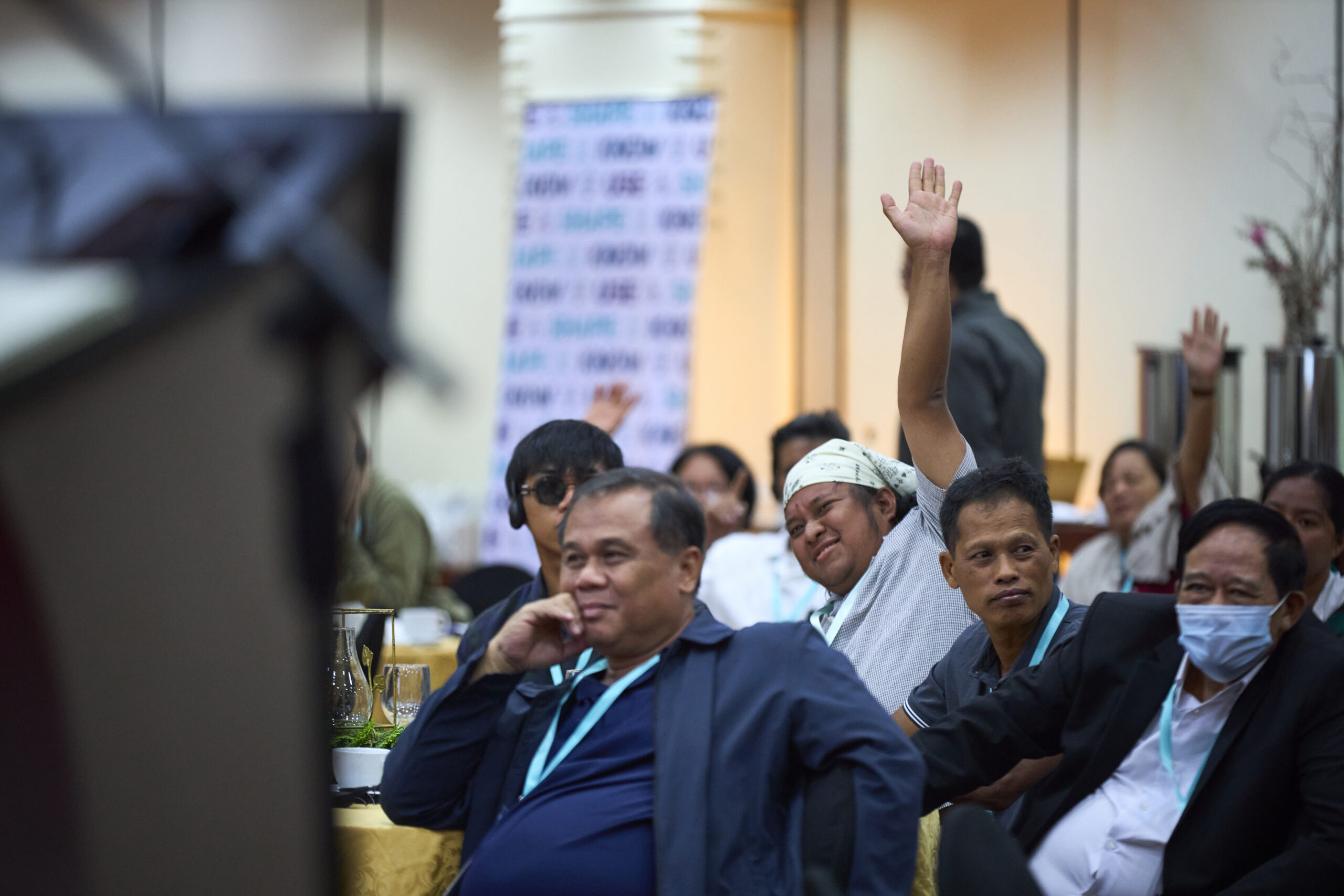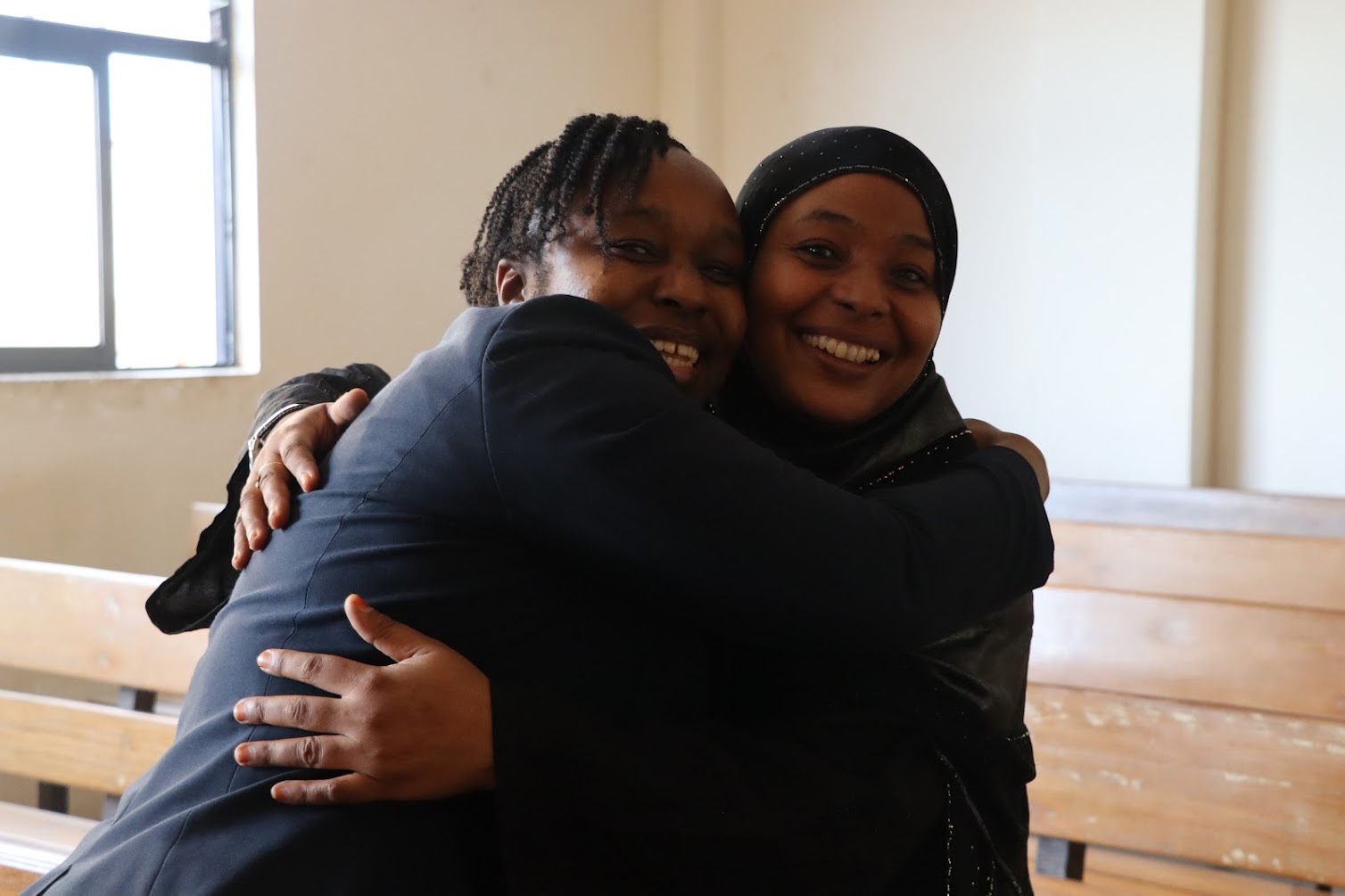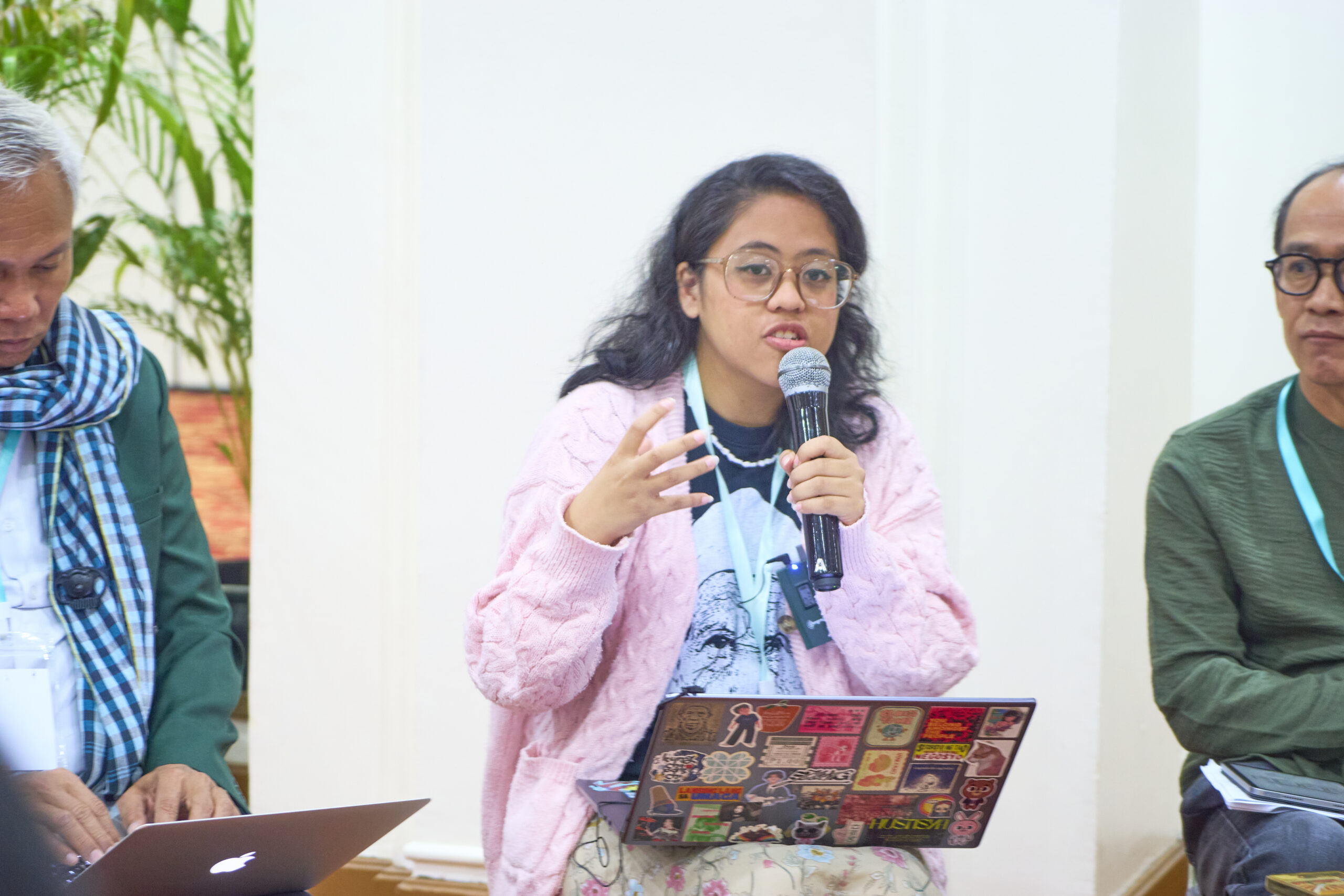Access to justice is not just a legal concept—it is a fundamental human right that is central to fairness and equality. Despite its importance, billions of people worldwide remain on the margins, unable to access legal systems that should protect their rights. The United Nations’ Sustainable Development Goal 16 stresses the need for strong institutions and universal access to justice, yet over 5 billion people still lack meaningful legal recourse, according to the World Justice Project.
Legal empowerment—a bold, people-centered approach that combines law with organizing to build power among justice-affected communities—has emerged as a vital solution to the crisis. This innovative strategy builds power within communities, enabling individuals to understand, use, and shape the law.
Legal empowerment goes beyond meeting immediate legal needs; by shaping the laws and policies that affect them, people use legal empowerment strategies to create lasting systemic change. The Legal Empowerment Fund (LEF)—the first grantmaking initiative solely dedicated to legal empowerment—supports this work through flexible funding and collaborative networks.
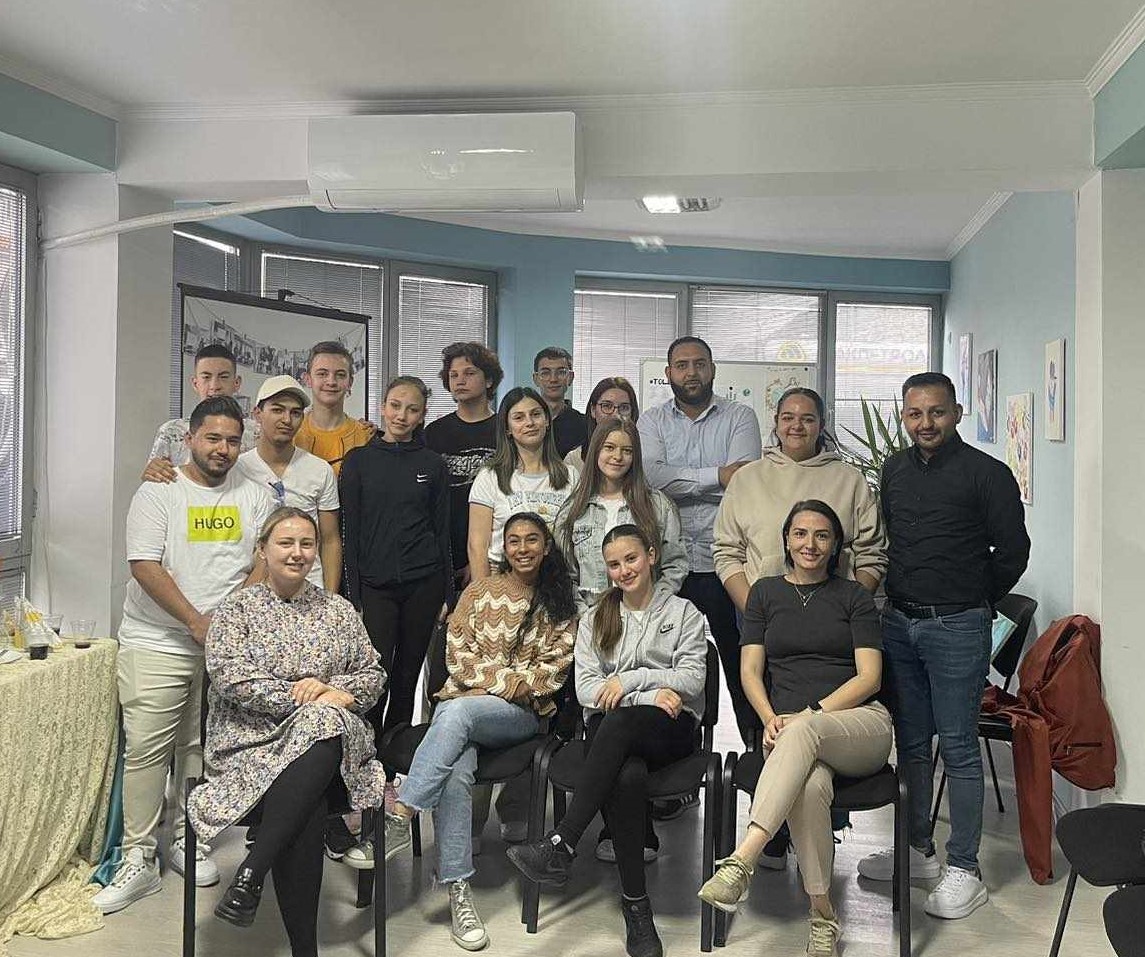
Credit: LET Station
Grassroots Legal Empowerment in Action
Around the world, people are transforming justice by taking the law into their own hands—not to break it, but to wield it. With the support of theLEF, community-based organizations are leading this change, using legal tools and advocacy to protect rights and create fairer systems. Here are three examples of three grassroots groups—out of more than 137 that the LEF is funding—that are putting legal empowerment into action.
Badabon Sangho: Protecting Land and Water Rights
In Bangladesh, women’s land and water rights are increasingly under threat from large-scale development projects. Badabon Sangho, a women’s rights organization, provides legal education and support to help women defend their rights against encroaching industries. Through training sessions, women learn to understand ownership documents, navigate legal claims, and organize for fair treatment.
One such example is Taslima, who faced losing her family land to a power plant project. With Badabon Sangho’s guidance, she mobilized her community, held rallies, and pursued legal advocacy, ultimately securing compensation for affected families and sparing her land. Taslima’s victory, alongside similar wins by other women, is a powerful testament to how grassroots legal knowledge can defend essential resources.
LET STATION: Delivering Mobile Legal Aid to Marginalized Communities
In North Macedonia, rural and Roma communities often lack access to even basic legal services. LET STATION meets them where they are, traveling to remote areas in a mobile office that offers free legal consultations on issues ranging from social benefits to housing.
LET STATION’s impact has been recognized through the Peace Champion Award from the Regional Youth Cooperation Office, highlighting how this mobile service model is making justice accessible. By delivering legal aid to underserved communities, LET STATION is empowering people to secure their rights and improve their lives.
Integrated Development Association: Fighting Bonded Labor
In Punjab, India, the Integrated Development Association (IDA) has been fighting bonded labor since 1986. Through strategic advocacy and legal action, IDA has secured policy reforms that protect workers from exploitative practices, helping to build safer work environments across 15 districts.
IDA’s approach goes beyond legal aid; it seeks systemic change by pushing for laws that protect the most vulnerable. Their work shows how legal empowerment can shape policy and build fairer labor standards, helping workers reclaim and maintain their dignity and rights.
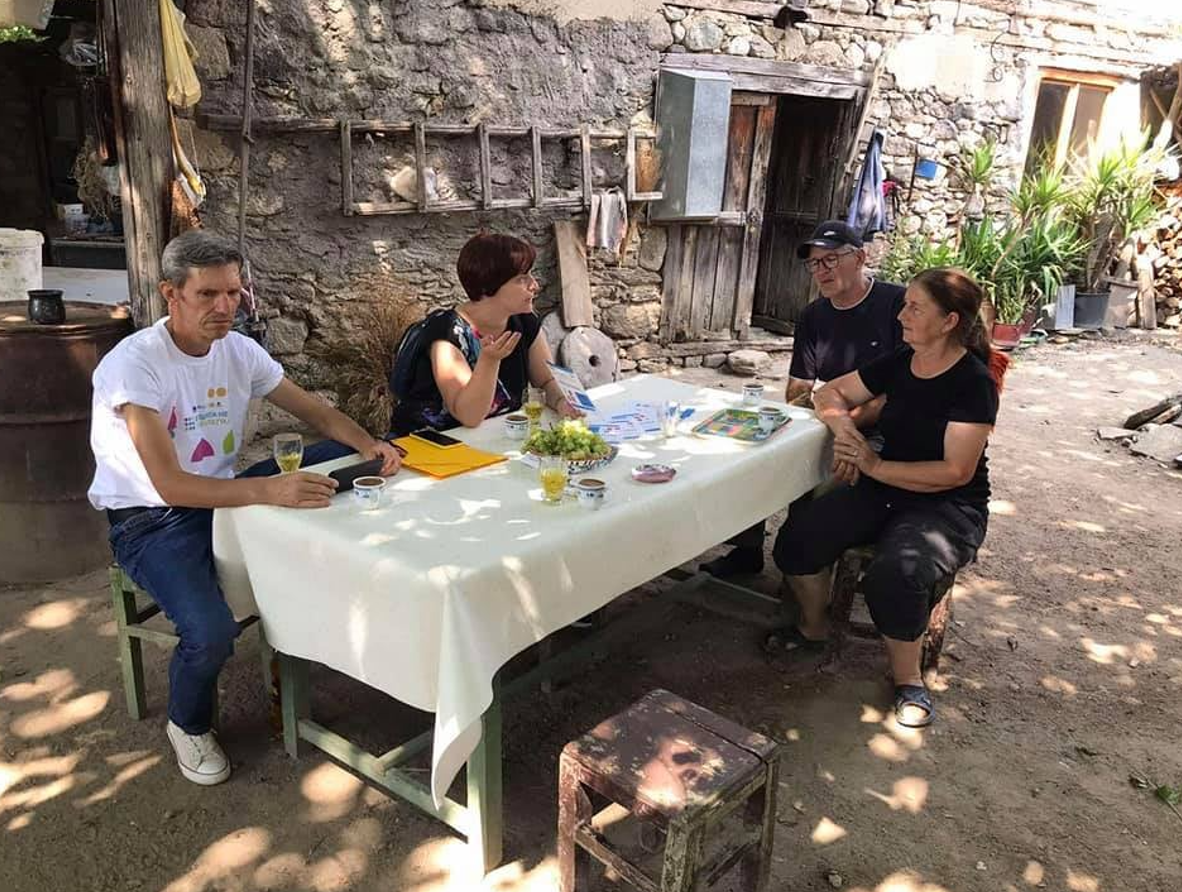
Credit: LET Station
Building Justice from the Ground Up
Through their tireless work, Badabon Sangho, LET STATION, and IDA show that legal empowerment can be a force for systemic change. When people understand and use the law, they gain the power to challenge injustice and build a future where justice is accessible to all. The LEF helps make this possible by investing in local leaders and organizations and empowering communities to bring about lasting change.
Understanding Legal Empowerment and the LEF’s Participatory Approach
At the LEF, participatory governance and participatory grantmaking are essential to ensuring that justice-affected communities and legal empowerment groups—like Badabon Sangho, LET Station, and IDA—help shape the funding and strategic priorities that affect them. The LEF Steering Committee, composed of experienced legal empowerment practitioners and founding stakeholders, plays a key role in setting strategic direction. Additionally, the Grants Selection Committee—made up of LEF grantee partners, Grassroots Justice Network members, and legal empowerment experts—reviews applications and helps determine funding allocations. This inclusive process ensures that those directly involved in justice efforts have a strong voice in shaping resources and priorities.
